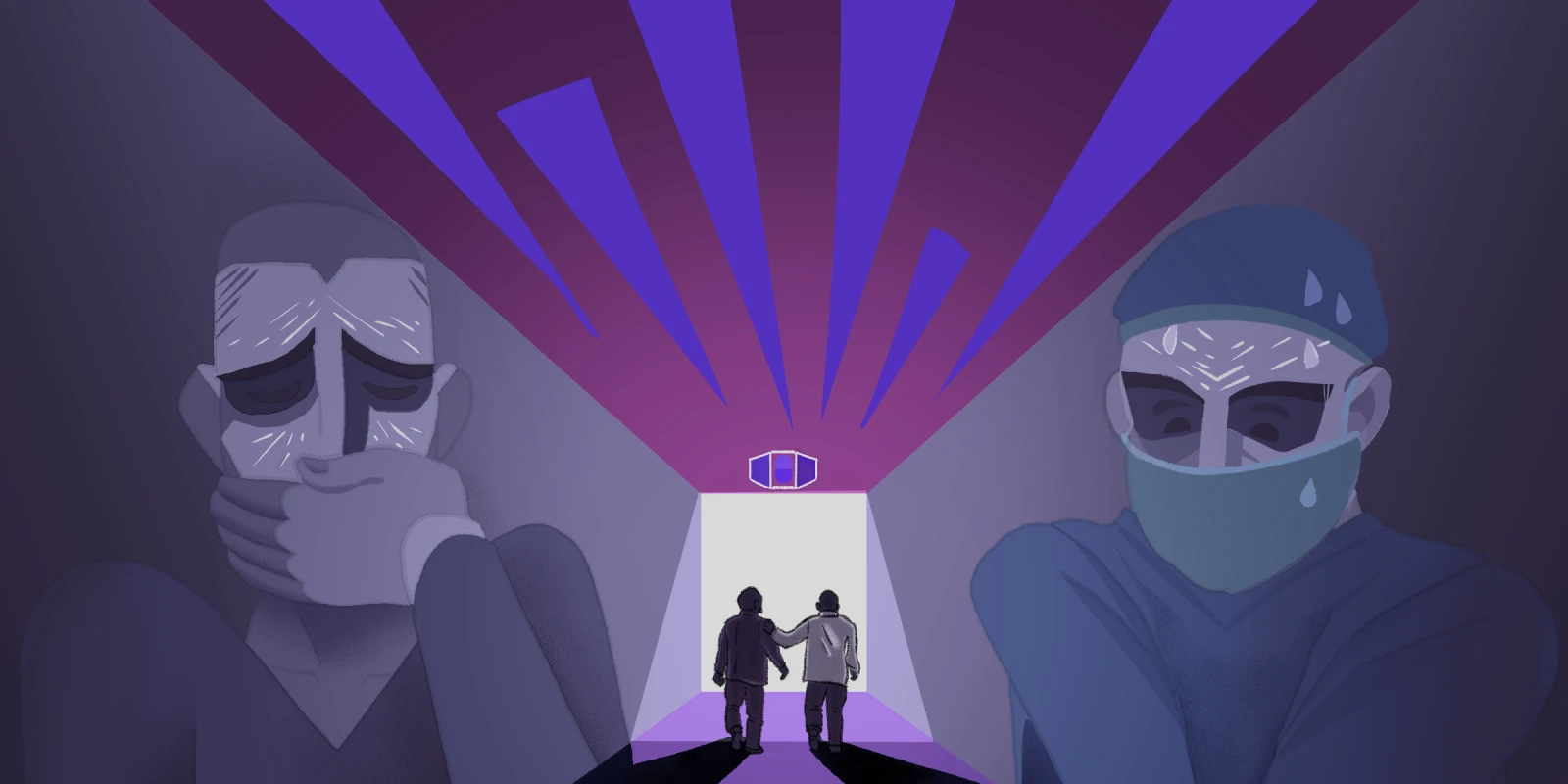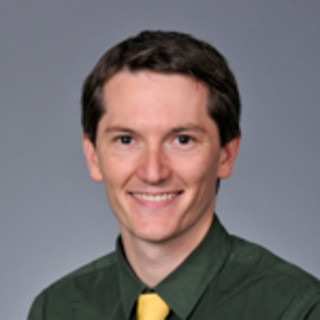
Op-Med ran the “First Stab” contest in February 2019. We are excited to announce this as the runner-up.
I knew it was only a matter of time until a code would be called during my intern ICU rotation. I knew it would leave a lasting impression on me, regardless of the particular circumstances. What I didn’t know was exactly how and when it would do so.
She was young — late thirties, I think — and had spent most of the past year in the hospital. The unlucky victim of genetics and circumstances still not understood by science, she was dying from sarcoidosis. She had long been beyond any hope of meaningful recovery.
I had not been taking care of her, but I remembered my attending describing her case with a regrettable helplessness. He had spoken with her family innumerable times explaining her dismal prognosis, the virtues of palliation and hospice care, and the harms of overtreatment. Like many families, anything other than a “full code” meant giving up on their loved one. In the midst of tragedy, changing that mindset, like the code itself, was often an exercise in futility.
As my attending and I jogged to her room for the code, this defeat was written all over his face. He already felt he had failed this patient, and now, as the ultimate price to pay for his failure, he had to run the code. And I was his accomplice in harm.
With adrenaline coursing through my veins, I was amazed at how easy it was to depress the chest wall. I pushed aside my reservations and concentrated on form and rate. My attending called out orders as I rotated through cycles of compressions with two others. Suddenly, in the midst of my second or third cycle, her eyes shot open and locked on mine. I jumped back in surprise as she made a few agonizing attempts for breath, tensing her body in apparent attempt to sit up. Within seconds, her eyes rolled to the back of her head and she again went limp.
The call to resume compressions came. I felt a few ribs pop under my hands. She showed no further sign of life. After about thirty-five minutes, the attending called it.
In the time it took to run the code, a family member had arrived and was waiting in a conference room for us. Much to my surprise, my attending didn’t come right out and tell the man his loved one had died. Instead, he described every detail of the code, including the brief moment we “got her back,” before eventually concluding with her death. Equally surprising, the man sat, wordless, through the entire description. I imagined what kind of roller coaster this conversation must have and wondered if it was a harsh or gentle way to break it to him.
Even as I empathized with him, I found myself judging him. Why had he done that to her? Was he glad she spent the last months of her life in the hospital, barely aware of her surroundings other than her struggle to breathe? Was he glad the last thing she saw was me, a stranger, pounding away at her chest? Did he really believe all the prolonged suffering was worth it? Would he do it all again? The year in the hospital? The anoxic brain injuries? The ventilator-associated pneumonia? The bedsores?
Hours later, as I was making the long trek out of the hospital to the parking deck, mulling over my involvement in the code, I met her loved one in the hallway. I didn’t recognize him immediately, too caught up in my own thoughts. After walking side-by-side for a few seconds, he spoke.
“You were in there, weren’t you?” he asked me.
“Yes, I was.”
“You all did everything you could, didn’t you?” he asked hopefully.
I wanted to tell him no. I wanted to tell him that if we had done everything we could she would have gone to the palliative unit or home on hospice. We could have let her go peacefully. Instead, she died in a room full of strangers assaulting her body. I wanted to tell him about the look of agony in her eyes when she opened them the final time. I wanted him to feel the ribs popping, hear the gurgling as she struggled with her last breath. I wanted him to understand her suffering.
But he couldn’t, and, as I looked into his eyes, I knew I didn’t understand his, either.
I didn’t know what it was like to lose a loved one so young. I didn’t know what conversations about the end of life he had had with the patient. I didn’t know what the goals of care conversations were like he was a part of (judging from some of the ones I’ve seen since, likely not great). I didn’t know what other family dynamics fed into the decisions he had made. I didn’t know how helpless it must have felt in his situation. His only power over her disease was exerted vicariously through the medical care she received.
Most importantly, she was no longer suffering. He was.
“Yes,” I replied, “We did everything we could.”
Tears welled up in his eyes. “Thank you.”
Together, we walked in silence to the parking deck.
J. Lane Wilson is a full-spectrum family physician at the Brody School of Medicine at East Carolina University in Greenville, NC. He is married to another family physician and is the father of two. He enjoys hiking with his family, running, and is a Major League Soccer fanatic.
Illustration by April Brust







